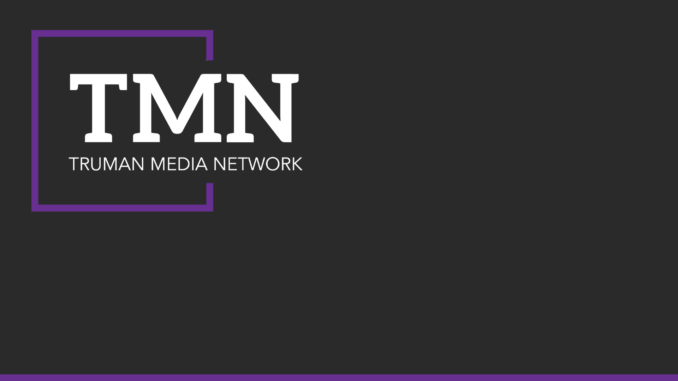
As a production that focuses a lot on objective, productive, high-quality communication, it has been been disheartening to have so little discussion within our department about the recent budget cuts. As most know, Truman State University is facing intense budget cuts for next year, and a hopeful ending isn’t in sight.
The communication department is expected to shave off $20,000 from its budget, and the department is planning to meet the requirement by decreasing student media funds. The communication department allots Truman Media Network $20,000 in student pay, and it proposed that TMN reduce pay and cut The Index’s printing cost. Decision-makers forget the value of our publication and the countless hours students commit to media publications and find it all too convenient to cut printing costs from The Index by reducing the amount of papers we distribute. It was even recommended to move the publication completely online. This is a weak suggestion on many points, but it’s also disappointing this was not proactively discussed with the students of TMN.
The first problem with moving The Index completely online is its audience. In Kirksville, a lot of community members and students pick up the newspaper as a primary local news source. The relationship between the University and the city is one that should be considered. The Index has remained a public forum for students for 109 years, and it allows voices to be heard by community members. Without the unbiased media of The Index, many community members of the University and the city will be unaware of what’s going on. The Index circulates more print papers on and off campus than it sees online visitors. It is the main connection between Truman and the Kirksville community. The paper allows the community to know what is going on at this University, and it is community members’ interest to know what’s happening on campus because Truman is a big part of this town.
In previous years, Detours Magazine faced budget cuts and had to switched from print to digital and has seen a reduction in readers. Even if other, larger printed publications might be able to adapt to a digital publication, Kirksville is not a large community. Our community is smaller and older, and there’s a preference for a physical newspaper.
The bigger problem with moving to a digital production base is the 24-hour news cycle, which is not currently an option for the full-time students who operate this medium. Not only do assignments require a lot of our time as students, but many individuals also have additional responsibilities which demand their time. If you think digital news can be done less frequently than daily, that is an inaccurate assessment because the online news medium is constantly updating. This 24/7 cycle is not sustainable for students.
When The Index was short-staffed last year, it decided to publish a print edition and online content on alternating weeks. This did not have the best turnout because there is a lack of a digital audience. Seeing how our online readership did not and has not significantly increased after submitting more online content, this leads us to view moving completely online, especially suddenly, as an ineffective way of maintaining our readership.
While our educators have taught us time and time again that we should write with our audience in mind, our department is now telling us we can take this publication in a very different direction and our audience will follow — contradicting all we’ve learned.
We, The Index Editorial Board, disagree with these claims about our audience and our availability as students, and we don’t approve of the way the situation is being handled. It was insensitive for decision-makers to propose these cuts to TMN, and mostly The Index, without discussing it with members of the organization. It is especially indecent of someone who is supposed to instruct us.
The truth is nearly no one in the administration or even the communication department, with the exception of our adviser, has any idea the amount of work each member of The Index contributes. We produce a 14-page paper each week of the semester, and it’s filled with heavily researched and edited stories plus photos, ads, infographics and supplemental designs. The editorial staff commits at least 20 hours a week just in the media center, plus additional hours outside reporting and writing. The fact that administration and staff is out of touch with what goes on in the office is further proof they might not be the most qualified people to make this decision.
Truman Media Network is a learning lab for students to gain professional experience. There are only two journalism courses available at Truman, and with one less faculty member teaching journalism next year, TMN significantly makes up for this gap in learning development. Making substantial cuts to the platform that produces the most content makes it seem as though the journalism track isn’t a priority and should be cut altogether.
Aside from developing a journalist’s career, TMN appeals to many different studies and has become home to students from different majors. Just at The Index, someone can build managing, writing, editing, page design, graphic design, photography, marketing and sales skills. And this list is short, leaving out other career-building options students seek with Detours Magazine, TMN TV and KTRM 88.7.
Altogether, The Index and student media shouldn’t be lost over budget cuts, especially when we’re the ones reporting them. The Index is the connection between Truman and Kirksville and also between the communication department and various other departments around campus. To cut all these ties would be ignorant of the department and ultimately hinder the University rather than help anyone.
